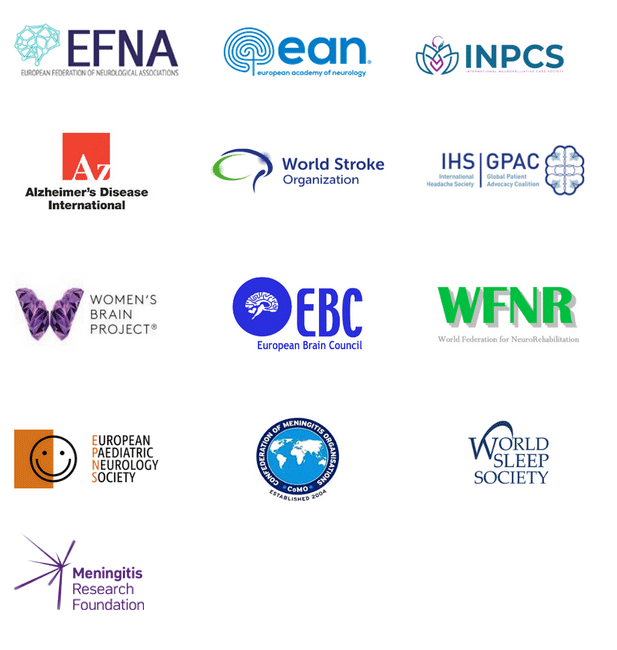Supporting the Intersectoral Global Action Plan on Epilepsy and other Neurological Disorders
Meningitis Research Foundation and the Confederation of Meningitis Organizations (CoMO), along with all members of the OneNeurology partnership, celebrates a major milestone for all those affected by neurological disorders today, with the adoption of the Intersectoral Global Action Plan on Epilepsy and Other Neurological Disorders, announced at this week’s 75th World Health Assembly.
We fully endorse its aims, will support its implementation, and celebrate the positive impact it should have for those living with neurological disorders, their carers, the medical professionals who support them, and those researching scientific breakthroughs in prevention, diagnosis and treatment.
The Global Action Plan will address the worldwide challenges and gaps in providing care and services for people with epilepsy and other neurological disorders and ensure a comprehensive, coordinated response. All OneNeurology partners support its global targets and strategic aims:
-
To raise the prioritization of, and strengthen governance for, epilepsy and other neurological disorders.
-
To provide effective, timely and responsive diagnosis, treatment, and care for all patients.
-
To implement strategies for promotion and prevention of epilepsy and other neurological disorders.
-
To foster research and innovation into, and strengthen information systems, for epilepsy and other neurological disorders.
-
To strengthen the public health approach to epilepsy.
The Global Action Plan will deal with a wide range of conditions integral to the patient support, advocacy, research and teaching activities of the OneNeurology partner members. It covers all ages, including children and young adults, and addresses palliative care and neurorehabilitation.
As such, the Global Action Plan has the potential to directly benefit the more than 400 diseases that are classed as neurological: improving the public health outcomes for a vast array of conditions of the central and peripheral nervous system connected to the brain.
With 1 in 3 people affected by a neurological disease at some point in their life1, over the past 30 years the number of deaths due to neurological disorders has increased by almost 40%2. Now is the time to act with a coordinated, global response. This is why we celebrate, endorse and support the implementation of a Global Action Plan, which has the potential to provide better health outcomes for people across the world, reflecting the OneNeurology partners’ work to advocate for a comprehensive and cross-sectoral approach to neurological disorders globally and regionally.
The neurology community now has a unique opportunity to work together on the Global Action Plan’s implementation (something which can only happen if members states are ready to prioritise neurology and provide dedicated resources). With high levels of expertise and significant networks, all OneNeurology partners are ready now to work alongside the World Health Organization, member states, and all stakeholders on this, so that the urgent neurological needs of patients are met.
Signatories,

1. The economic cost of brain disorders in Europe. Eur J Neurol. 2012; 19(1):155-62 (ISSN: 1468-1331). For comparison with other disease areas see: Economic burden of cancer across the EU: a population-based cost analysis (2009)
2. Global, regional, and national burden of neurological disorders, 1990–2016: a systematic analysis for the Global Burden of Disease Study 2016 Feigin, Valery L et al. The Lancet Neurology, Volume 18, Issue 5, 459 – 480